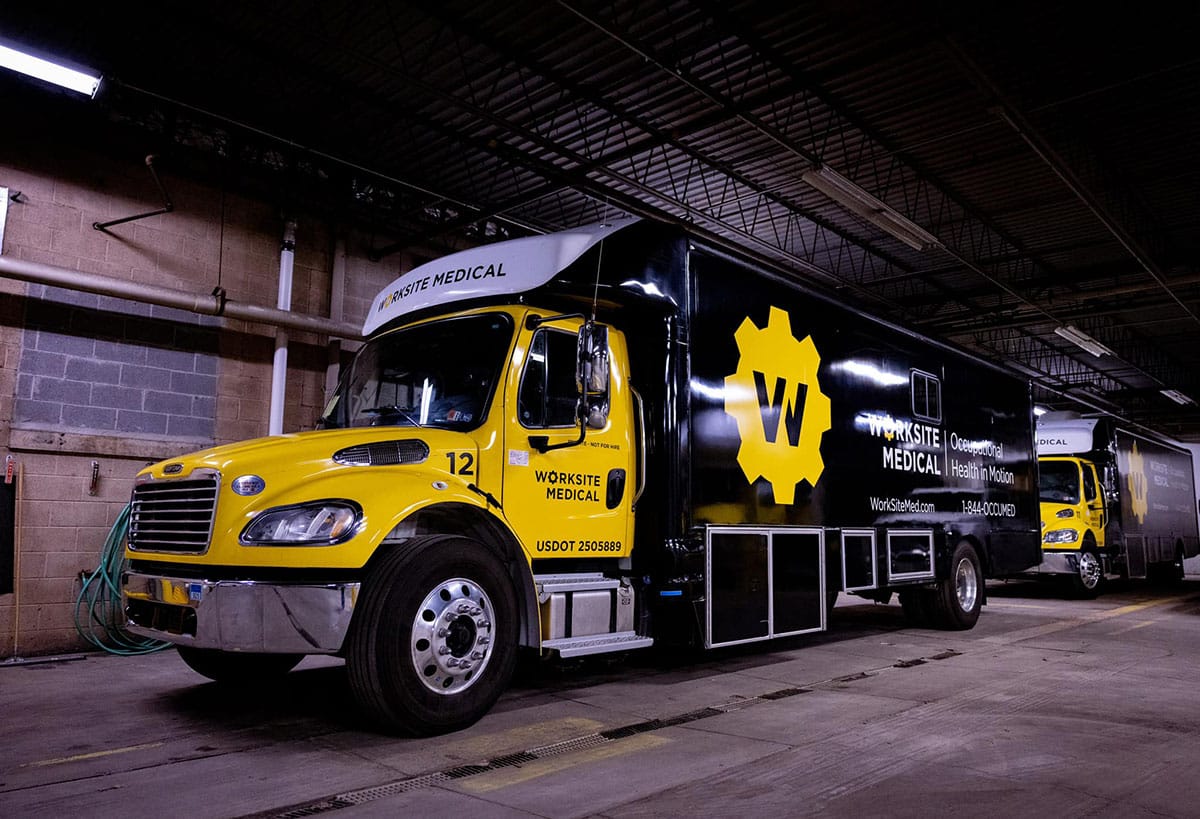On Sept. 28, via press release, the U.S. Department of Labor’s Occupational Safety and Health Administration (OSHA) announced that it would hold a virtual meeting on Oct. 19, from 1-4 p.m. EST, to solicit public comments and suggestions related to OSHA’s Whistleblower Protection Program.
This meeting is the tenth in a series of meetings on how the agency can improve the program overall. During the public event, OSHA will seek comments on two specific questions:
- How can OSHA deliver better whistleblower customer service?
- What kind of assistance can OSHA provide to help explain the agency’s whistleblower laws to employees and employers?
So, what is the OSHA Whistleblower Protection Program, exactly, and why is it so important?
Let’s break it down a bit.
Here’s what OSHA’s Whistleblower Protection Program means to workers
In 2014, a Pennsylvania fire protection equipment manufacturer fired two employees as retaliation for participating in an OSHA inspection. One was fired shortly after the onsite investigation began, and the other just after citations were issued.
Five years, later, a U.S. district court awarded those former employees $547,399 in lost wages and $500,000 punitive damages – the largest payout ever under Section 11(c) of the OSH Act. Why? Because they were protected by OSHA’s Whistleblower Protection Program.
The program, enforced by OSHA and equivalent OSHA state plans, enables the enforcement of the whistleblower provisions that protects employees from retaliation for reporting violations involving health, safety, and other protected activities.
OSHA’s Whistleblower Protection Program helps companies create or enhance workplaces in which participants, including employees, contractors, and temporary workers, can feel comfortable raising concerns without fear of retaliation. A workplace with an effective anti-retaliation (whistleblower) program contributes to a safer and healthier environment, and a positive workplace culture.
Currently, there are 22 federal whistleblower statutes in place.

How to get involved in the upcoming meeting
If you want to take part in the Oct. 19 meeting, you’ll just need to register (English or Spanish registration) by Oct. 12. The meeting will be hosted via Microsoft Teams, with Spanish translation available.
If you don’t necessarily want to attend, but you’ve got comments to share, you may submit those here up until Nov. 2.
Additionally, as an employer, it’s important to keep this in mind:
Even with a whistleblower protection program in place, employers must understand that their employees still have the right to report “complaints about hazards or potential violations of the law with OSHA and other government agencies.”
As stated in OSHA’s Recommended Practices for Anti-Retaliation Guide, “employer policies must not discourage employees from reporting concerns to a government agency, delay employee reports to government, or require employees to report concerns to the employer first.”
We’ll continue to keep you updated with OSHA-related news as it comes through the wire.
***
About Worksite Medical
In most cases, OSHA requires medical surveillance testing, and at no cost to employees.
Worksite Medical makes that program easier with mobile medical testing.
We conduct on-site respirator fit tests, as well as audiometric exams, pulmonary function tests and heavy metal lab work, right on your job site. We also keep accurate, easy-to-access medical records for your convenience. You’ll keep your employees at work, and stay ahead of OSHA inspections.




